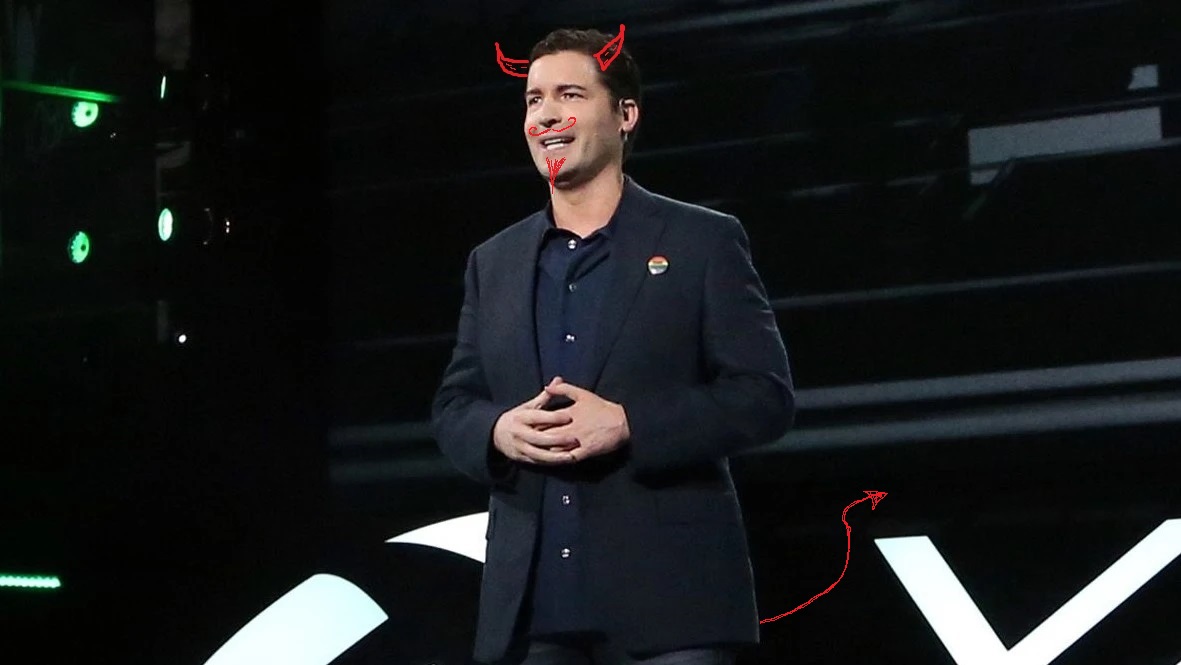Workers across Blizzard Entertainment’s World of Warcraft and Overwatch 2 divisions are feeling deflated, incensed, and distressed following a meeting conducted by Blizzard President Mike Ybarra on Thursday. The aftermath saw Blizzard employees taking to social media to express their disappointment with the management’s performance and publicly challenging Ybarra’s statements. This show of solidarity comes as some video game industry workers, including those at Activision Blizzard itself, are taking steps to unionize.
According to Game Developer’s detailed account of the meeting, the Q&A session aimed to address an “employee satisfaction survey.” However, Blizzard leadership pre-selected questions regarding its process for evaluating employees through “stack ranking,” reduced profit-sharing, and the company’s return-to-office mandate. Several Blizzard developers spoke to Polygon, highlighting the low morale that followed the meeting.
Blizzard spokesperson Andrew Reynolds confirmed several points made during the meeting, stating that the company stands behind Ybarra’s statements and “leadership in tough moments.”
Game Developer reported that the reduced profit-sharing scheme surprised employees, with workers only receiving 58% of their promised bonus
Game Developer reported that the reduced profit-sharing scheme surprised employees, with workers only receiving 58% of their promised bonus. Two weeks earlier, Activision Blizzard announced its quarterly financial results, which it said marked the start of a “strong financial performance in 2023.” At Blizzard Entertainment, sales and operating income almost doubled, increasing by a staggering 90%, with Warcraft, Overwatch, and Diablo each generating more than $100 million in net bookings, Activision Blizzard announced.
At the meeting, Ybarra addressed the profit-sharing scheme, stating that workers who think executives are making more money are “living in a myth.” Ybarra further explained that the profit-sharing cut to 58% applies to executives, just like employees. However, this does not account for the vast salary differences between executives and employees.
For instance, a functional tester in Santa Monica earns between $14 and $26 per hour, while a chief of staff can make upwards of $270,000 annually, according to job postings on Indeed. Although they are distinct positions, a cut in profit-sharing undoubtedly affects these workers differently.
When Ybarra spoke about the company’s return-to-office mandate at the meeting, he also touched on pay, which has been a point of contention among Blizzard employees. The mandate, which requires workers to come to the office for three days a week after two years of accommodating remote work, starts in a few months. Activision Blizzard’s subsidiary, King, which produces Candy Crush, has already returned to the office. Each of the publisher’s subsidiaries is making its own decisions on work-from-home, according to Activision Blizzard spokesperson Joe Christinat.
Returning to the office adds another significant expense for employees, not to mention the cost of moving for those hired from out of state during the pandemic. In response, Blizzard spokesperson Reynolds stated that the company will honor its current long-term remote agreements and make exceptions for “medical or religious reasons.” Customer service workers will continue to work remotely as well.
We will make decisions at times that not everyone will agree with – like any other business leader would with a team of over 4,500 individuals.
Blizzard spokesperson Reynolds
Game Developer also reported that Ybarra made comments that some workers interpreted as meaning that those who disagree with the return-to-office policy should resign. While Blizzard confirmed to Polygon that Ybarra’s statements were quoted correctly, the company added that it is “listening to the team’s feedback.”
Labor experts have suggested that return-to-work orders are a way for employers to reduce their workforce without resorting to layoffs and the resulting negative publicity and low morale. According to Matthew E. Kahn, an economics professor and author of “Going Remote: How the Flexible Work Economy Can Improve Our Lives and Our Cities,” Tesla may have taken that approach earlier this year.
According to labor experts, return-to-work orders allow employers to reduce their workforce without resorting to layoffs and the ensuing negative publicity and low morale. “Can we agree that if people quit, that’s less ugly than firing people?” asked Matthew E. Kahn, an economics professor and author of “Going Remote: How the Flexible Work Economy Can Improve Our Lives and Our Cities,” in an interview with Polygon.
After addressing the return-to-work orders, Ybarra talked about certain disciplines not being “long-term” roles. Blizzard spokesperson Reynolds confirmed the comments but stated that they did not refer to any specific roles and were not directed at QA or customer service.
However, many developers interpreted Ybarra’s remarks as an insult to QA and customer service, undervalued fields and often subjected to low pay and crunch in the video game industry. These roles are also among the first to unionize. Workers believe that Ybarra’s comments reinforce the misconception that these roles are expendable.
Behind the scenes, QA workers in multiple Activision Blizzard studios are organizing unions to take back control over their roles. Two QA departments have already unionized at Diablo 4 studio Blizzard Albany and Call of Duty: Warzone studio Raven Software. Communications Workers of America represents both, and the next step is to negotiate for better benefits, compensation, and workplace protections.

Thursday’s social media posts from Blizzard workers show a unique form of solidarity and are rare in the secretive video game industry. After the California Civil Rights Department filed its lawsuit against Activision Blizzard in 2021, workers quickly criticized CEO Bobby Kotick, and many even staged a walkout and demanded his resignation. But this time, workers are confronting their leadership at individual studios.













